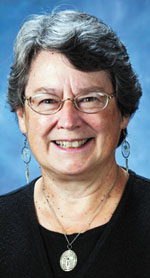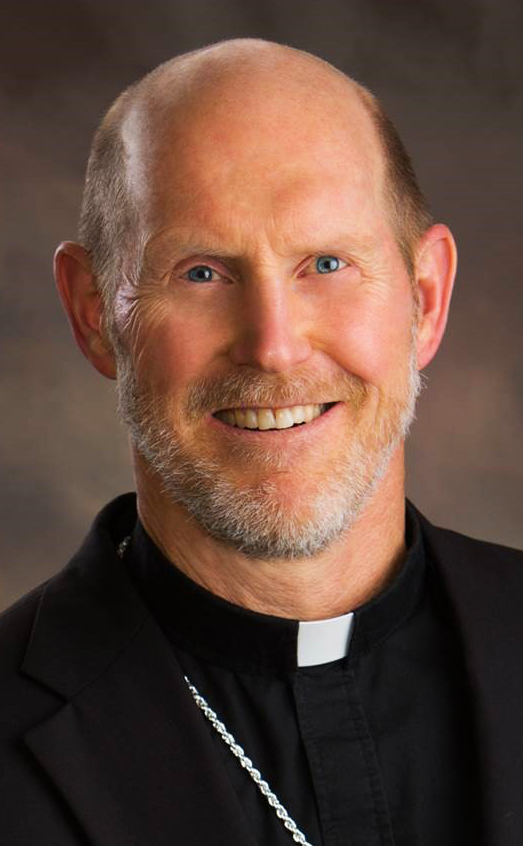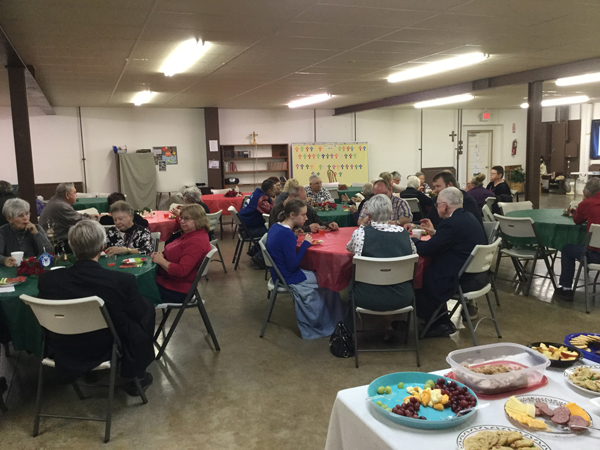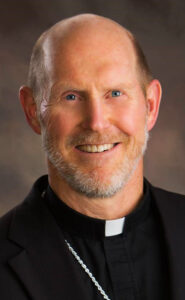By Sr. Kathleen Holland
As I listen to all the talk about a new tax plan, I can’t help but wonder who will reap the benefits of this plan and who will end up paying for it. It is apparent that wealthy corporations and the wealthiest members (1 percent) of our country will get a massive tax cut.
When these tax cuts go into effect, the deficit will no doubt skyrocket and lawmakers will begin to find places to reduce spending. Some will demand cuts in funding for federal programs that assist so many helpless folks put food on their tables, obtain affordable health care and basically just make ends meet.
We know this because throughout the years, but especially in 2017, we have witnessed health care and anti-poverty programs jeopardized by direct funding cuts, structural changes or, as in this case, giving tax breaks to the wealthy and threatening future funding for anti-poverty programs.
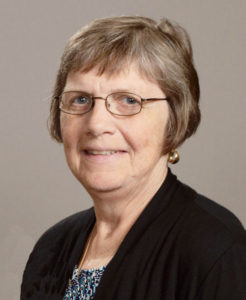
Repeatedly, Capitol Hill has considered hundreds of billions of dollars in cuts to Medicaid, SNAP (previously called Food Stamps), and other programs that allow low-income Americans to get by. Fortunately, because of public outcry, many of those threats have been stopped. But if Congress enacts these tax breaks for the wealthy that result in increasing the deficit, many of those programs will be at risk once again.
Here’s a fact that gets lost in all the rhetoric: federal anti-poverty programs actually work! SNAP (Supplemental Nutrition Assistance Program) alone lifted 3.6 million people above the poverty line in 2016, while Medicaid currently provides health care for one in five Americans, including low-income children, pregnant women, adults, seniors and people with disabilities.
Programs like SNAP play a key role in our economy because recipients use their benefits at local businesses. Children in households that receive SNAP do better in school and earn more as adults. Medicaid makes people healthier in the long-term, and ensures families don’t have to fear that one trip to the emergency room will result in a lifetime of devastating debt.
Make no mistake: if made law, this tax plan will ask struggling families to subsidize tax cuts for the wealthy. On a practical level, this means that instead of being able to buy groceries and get affordable medical care for their kids, low-income families could face a situation where they simply don’t have enough food and can’t see a doctor. This is an unacceptable trade-off.
I hope we can count on Senators Charles Grassley and Joni Ernst to reject this plan. Tax policy can be a powerful mechanism for creating economic opportunity and security for all. Sadly, this plan doesn’t do that; instead, it prioritizes the super-rich and leaves working families and kids behind.
(Sister Kathleen Holland, OSF, is a member of the Leadership Team of the Sisters of St. Francis, Clinton.)







